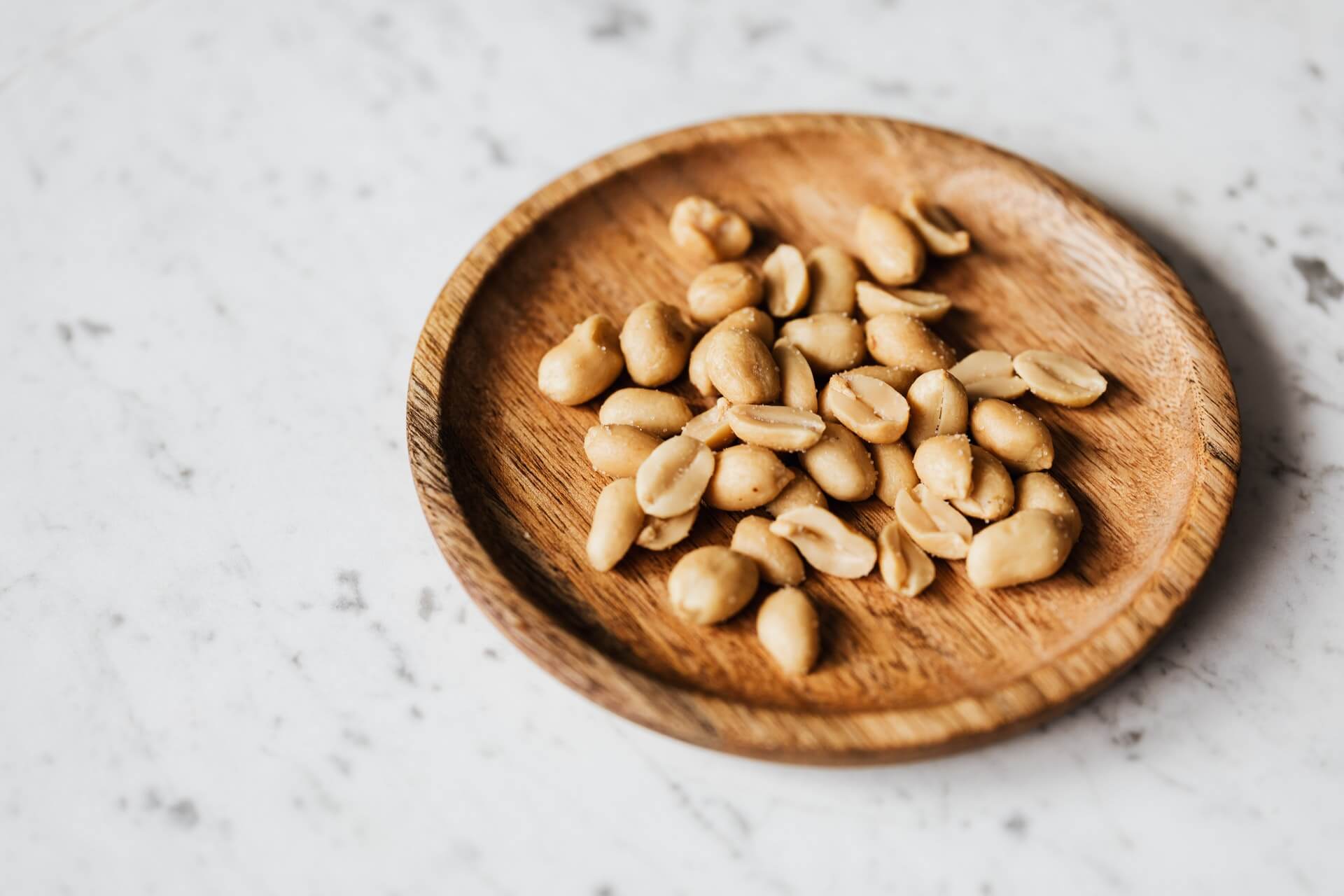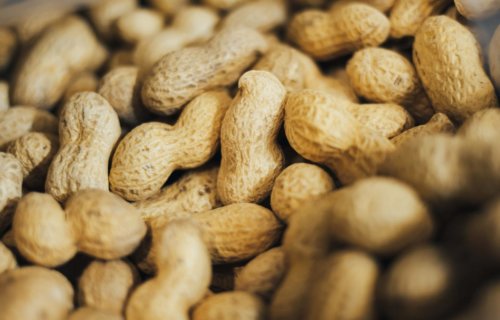BARCELONA, Spain — When it comes to snacking, many studies already show peanuts are a healthy choice and great source of proteins, vitamins, and minerals. Now, new research out of Spain suggests people should be eating more peanuts and peanut butter — even if they’re young and healthy! Scientists from the University of Barcelona report that peanuts may have a beneficial impact on vascular health in young and healthy individuals.
Peanuts come from the leguminous plant Arachis hypogaea. They’re the most widely consumed nuts around the world. Peanuts are high in fatty acids, protein, fiber, and polyphenols — making them a convenient, accessible, and nutrient-rich snack that can contribute to a healthy lifestyle instead of hindering one’s fitness goals.
Traditionally, most nutritional studies focus on analyzing any and all significant differences among people with a high risk of suffering from a disease, especially older people. For this population profile, however, researchers say it is easier to observe potential beneficial effects by altering dietary patterns or introducing a healthy food into their usual diets.
This project included 63 healthy young people, all between ages of 18 and 33. They had to add a daily portion of peanut products to their regular diets for six months.
“In this study group, it is more difficult to see any effect of dietary changes on health,” says Professor Rosa M. Lamuela, from the UB Department of Nutrition, Food Science and Gastronomy, in a university release.

What do peanuts do for the blood?
This study is the first ever nutritional intervention to confirm that vascular markers improved in relation to both antithrombotic (reducing blood clots) and vasodilator (dilating blood vessels) effects among healthy young people after eating peanuts.
“The results reveal a significant increase in urinary levels of phenolic metabolites in those young people who had eaten a daily dose of peanuts and peanut butter compared to the control group, which had eaten a cream without fiber or polyphenols,” Prof. Lamuela explains. “Similarly, participants who ate peanuts or peanut butter also showed improved levels of prostacyclin I2 and the ratio between thromboxane A2 and prostacyclin I2, lipid molecules (eicosanoids) which are considered markers of vascular health.”
“Interestingly, some phenolic metabolites that increased significantly after the consumption of peanut products —especially hydroxycinnamic acids— also correlated with the improvement in both markers,” adds researcher Isabella Parilli-Moser (INSA-UB-CIBERobn), first author of the study.
These findings further reinforce a hypothesis often defended in scientific literature and previous studies by the research team regarding the protective effect of polyphenols on cardiovascular diseases in adults, as well as their effects on blood vessels. Polyphenols are the primary dietary antioxidants and anti-inflammatory compounds, according to the team.
Moreover, studies show eating nuts and peanuts has a link to a lower risk of developing both cardiovascular diseases and diabetes, especially due to the protective effect of the polyphenols in such foods. All in all, while this work suggests peanuts can benefit vascular health, more research is necessary before scientists can form a full understanding of all the factors at play.
“We need more studies to fully understand the mechanisms that explain the positive effects of peanut consumption on vascular health,” researchers conclude.
The findings appear in the journal Antioxidants.


Peanuts are not healthy!
Walnuts and Pistachios are the best.
According to holistic health!